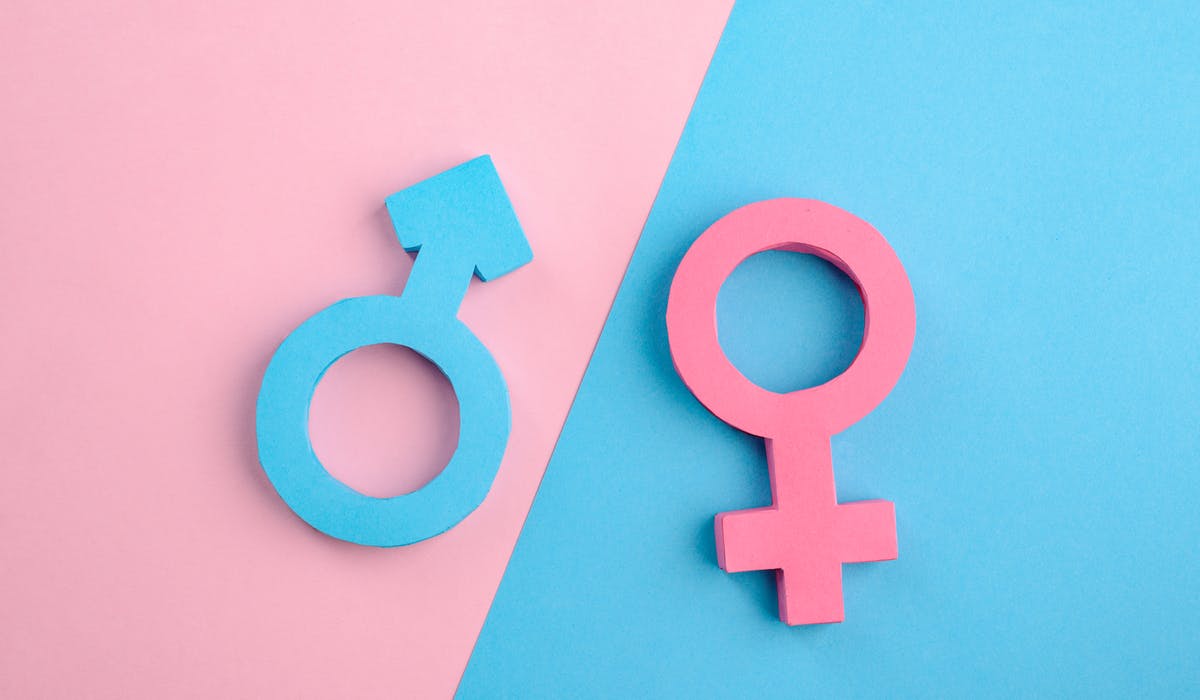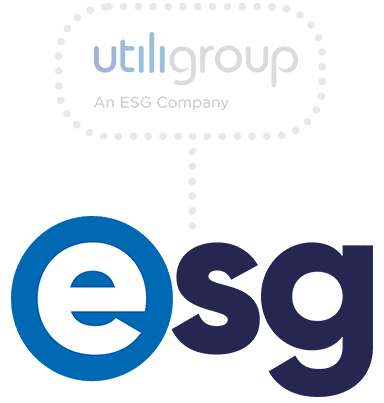News Centre
Keeping you up to date on energy related news, events and what’s happening at ESG…
Keeping you up to date on energy related news, events and what’s happening at ESG…

Gender Pay gap shows the difference between the average hourly earnings of men and women across the workforce and is about addressing the representation of women in the workforce. Equal pay is about whether women and men performing the same work, at the same level, in the same organisation receive the same pay.
The Equality Act 2010 (Gender Pay Gap Information) Regulations 2017 brought into effect a requirement for large employers to report publicly every year on the differences in aggregate pay and bonuses of men and women. Employers with over 250 employees must calculate a standard set of key metrics on their gender pay and gender bonus pay.
As an employer of currently to date 324 employees ESG Global (Energy) has undertaken as required by the Equality Act, looking at the data of all full pay relevant employees for the relevant period, including all relevant employees in the UK.
Our workforce to date is made up of 228 males and 96 females, making males 70.37% of our workforce.
We can confirm the data below is accurate containing information relating for the relevant period, however we have excluded data of those not receiving full pay due to Maternity/Paternity Leave or Sickness etc. as we are required to do.
Part of the reason we have a gender pay gap is because there are more men available with experience in our industry, however, we have improved year on year. Over the last year our percentage of female employees has increased, and we have maintained or reduced the gap in our pay quartiles by having more internal promotions and hiring more females.
Looked at specific areas within the business where there is no gender diversity and have challenged the business to think differently and have successfully started to balance some of those teams to help us close the gap.
Recognising the wider industry factors, we are looking at opportunities for ways we can improve further. (more details in next steps).
ESG Global (Energy)’s median gender pay gap is 12.9%.
ESG Energy (Global) ensures everyone has equal opportunity to progress within the Company by supporting with learning and development such as: ASPIRE Management Programme and Career Pathways. This all forms part of our People & Culture strategy to demonstrate our commitment to be open, transparent and equitable.
Over the next 12 months we are making efforts in the following areas:
As a Company we are absolutely committed to building a fair and equitable working environment, and we continually strive to improve through responding to feedback from our People, our data and wider industry interactions.
Signed
M Bridge
Mathew Bridge CFO

Many thanks for visiting our website. Utiligroup has now unified with ESG. You can find our new site at esgglobal.com - or please click the button below and you will be redirected to our new site.